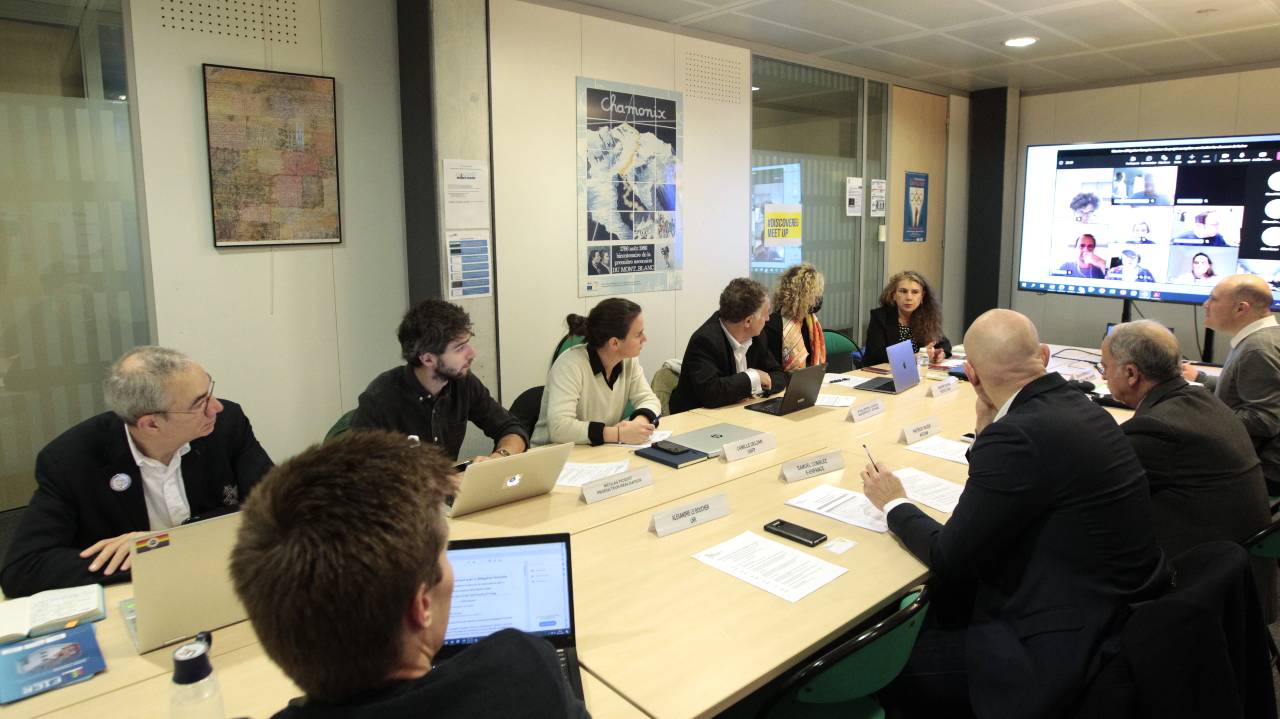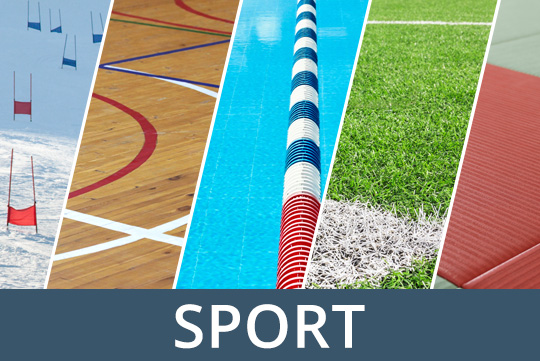The "Combating Hate Speech in Sport" project team met with French national partners on 8 and 9 November in Paris to discuss with stakeholders the state of play of hate speech in sport in France, in view of finalising the Fact Sheet to be presented by the National Coordinator at the project’s next online workshop.
At the core of the project’s strategy, this collaborative mapping exercise gives way to the data-gathering work, where the main stakeholders in the world of sport collectively identify gaps, opportunities and good practices, to then use these findings to develop policy proposals for the prevention, mitigation, reporting and case management, damage controlling (safeguarding witnesses and victims), sanctioning and punishment as well as rehabilitation of offenders spreading hate speech in sport.
The #SportSpreadsRespect initiative supports national partners with its capacity-building expertise. In the short term with guidance to structure these proposals into a cohesive national strategy; in the long term with the setup of an online resource centre on existing tools to combat hate speech in sport and ensure the sustainability of this collective work.
In this initial meeting, Gabriela Matei, Project Officer in charge of the #SportSpreadsRespect initiative, David Brinquin, Project Coordinator for France, as well as representatives from the French Ministry for Sports and Olympic and Paralympic Games Catherine Chenevier, Assistant Director of Security, Animation and Sports Professions and Ethics, Solène Charuau, Head of the European and International Affairs mission, and Adrien Dumas, Communication Officer at the Delegation of Youth and Sport, held fruitful discussions. Important milestones were achieved, such as the agreement on a timeline for the completion of the project’s mapping exercise to present the state of play of hate speech in sport in France, including the online dimension of this phenomenon, to the other five countries participating in the project.
The "Combating Hate Speech in Sport" joint project is co-funded by the European Union and the Council of Europe and implemented by the Council of Europe.




